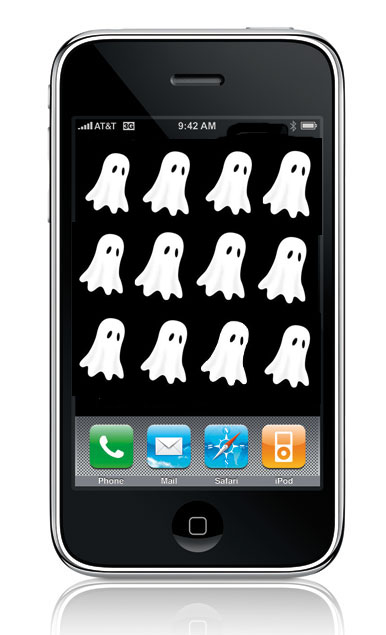 Top Class Actions
Top Class Actions
Phantom of the iPhone. Do you have a phantom AT&T account? It seems for every new technological gadget that requires connectivity—there’s an opportunity to take advantage. Most recently, AT&T Mobility got hit with a potential class action lawsuit over allegations associated with iPhone and iPad accounts. The suit claims that “AT&T’s bills systematically overstate the amount of data used on each data transaction involving an iPhone or iPad account.” And, the suit alleges that AT&T bills customers on data transactions even when customers have disabled their phones. Doesn’t a transaction require more than one party?—one party in the know?
The named plaintiff, Patrick Hendricks, claims that AT&T’s overbilling “was discovered by an independent consulting firm retained by plaintiff’s counsel, which conducted a two-month study of AT&T’s billion practices for data usage, and found that AT&T systematically overstated web server traffic by 7 percent to 14 percent, and in some instances by over 300 percent. So, for example, if an iPhone user downloads a 50 KB website, AT&T’s bill would typically overstated the traffic as 53.5 KB (a 7 percent overcharge) to as high as 150 KB (a 300 percent overcharge),” the complaint states.
Here’s the kicker—Hendricks also alleges that “Not only does AT&T systematically overbill for every data transaction, it also bills for phantom data traffic when there is no actual data usage initiated by the customer. This was discovered by the same independent consulting firm, which purchased an iPhone from an AT&T store, immediately disabled all push notifications and location services, confirmed that no email account was configured on the phone, closed all applications, and let the phone sit untouched for 10 days. During this 10-day period, AT&T billed the test account for 35 Continue reading “Week Adjourned: 2.4.11”

